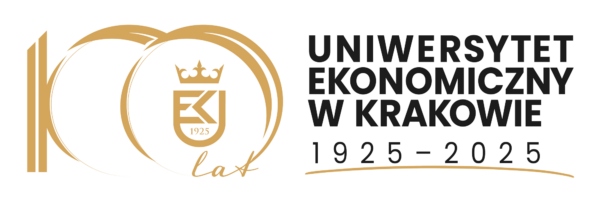According to the latest available data from Statistics Poland, there were 2 600 students from India in Poland, making them the largest foreign national group at Polish universities, after Ukrainians and Belarusians.
One of the representatives of this studious and ambitious nation is Keruba, who shared his account of foreigners studying at our University.
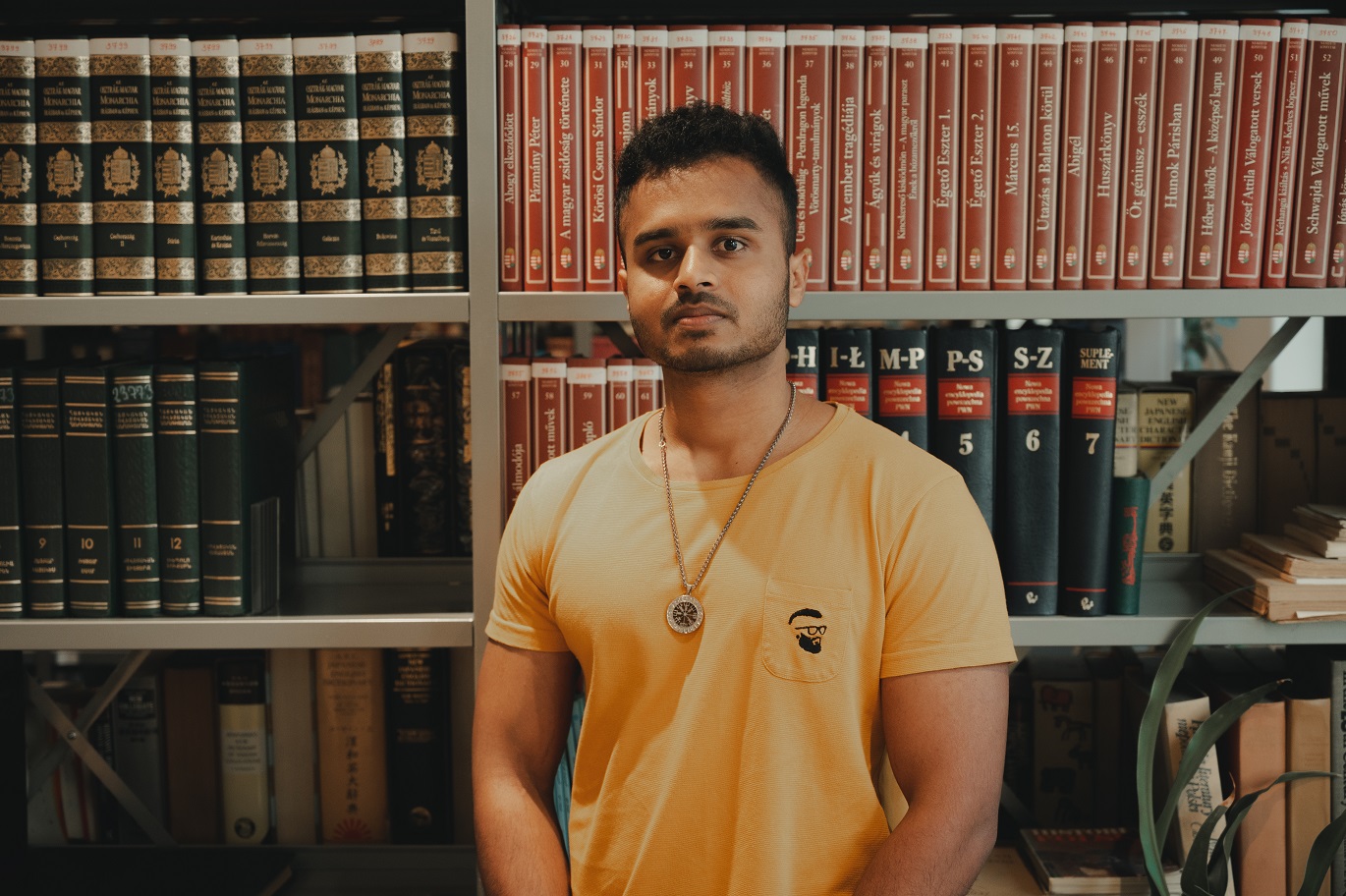
Welcome Centre: Hi, it's great to have an ambassador from India on board for our project!
Keruba: Hello, I'm glad to have joined too.
Welcome Centre: To start with, why don't you share your story. How did it happen that you started your studies in Poland?
Keruba: Sure! It all started back in Wroclaw, which is where I did my bachelor's degree. Then I started looking for a job and would up in Krakow. First, I found a position in an American corporation, but then I also became interested in continuing my studies. It was clear that I needed to combine my professional duties with my education, so I decided to study International Business part time.
Welcome Centre: So you set your sights on combining studies and work.
Keruba: Yes, I realised that I could already gain solid experience during my studies. After all, a master's degree takes at least two years. During this period, I could learn and take my first professional steps.
Welcome Centre: A very reasonable approach. And what was different in Poland when you came from India to study?
Keruba: You might be surprised, but what struck me upon arrival was how open people in Poland were. More so than in India. Of course, later on, while travelling round Europe, I realised that there were even more open nations on the continent, but it was still a positive surprise to start with.
Welcome Centre: That’s interesting.
Keruba: I had this impression probably because in India people are really distant from each other. In Poland, I was met with patience and kindness, which suited me a lot.
Welcome Centre: That does indeed come as a surprise to us. In Europe, we associate India with Bollywood culture and festivals, not with social distancing.
Keruba: I probably don't need to mention that the nature and architecture of the cities is also completely different from what I know from home. I fell in love with walking in the Polish mountains, but also in large open spaces in cities, such as the market square in Krakow.
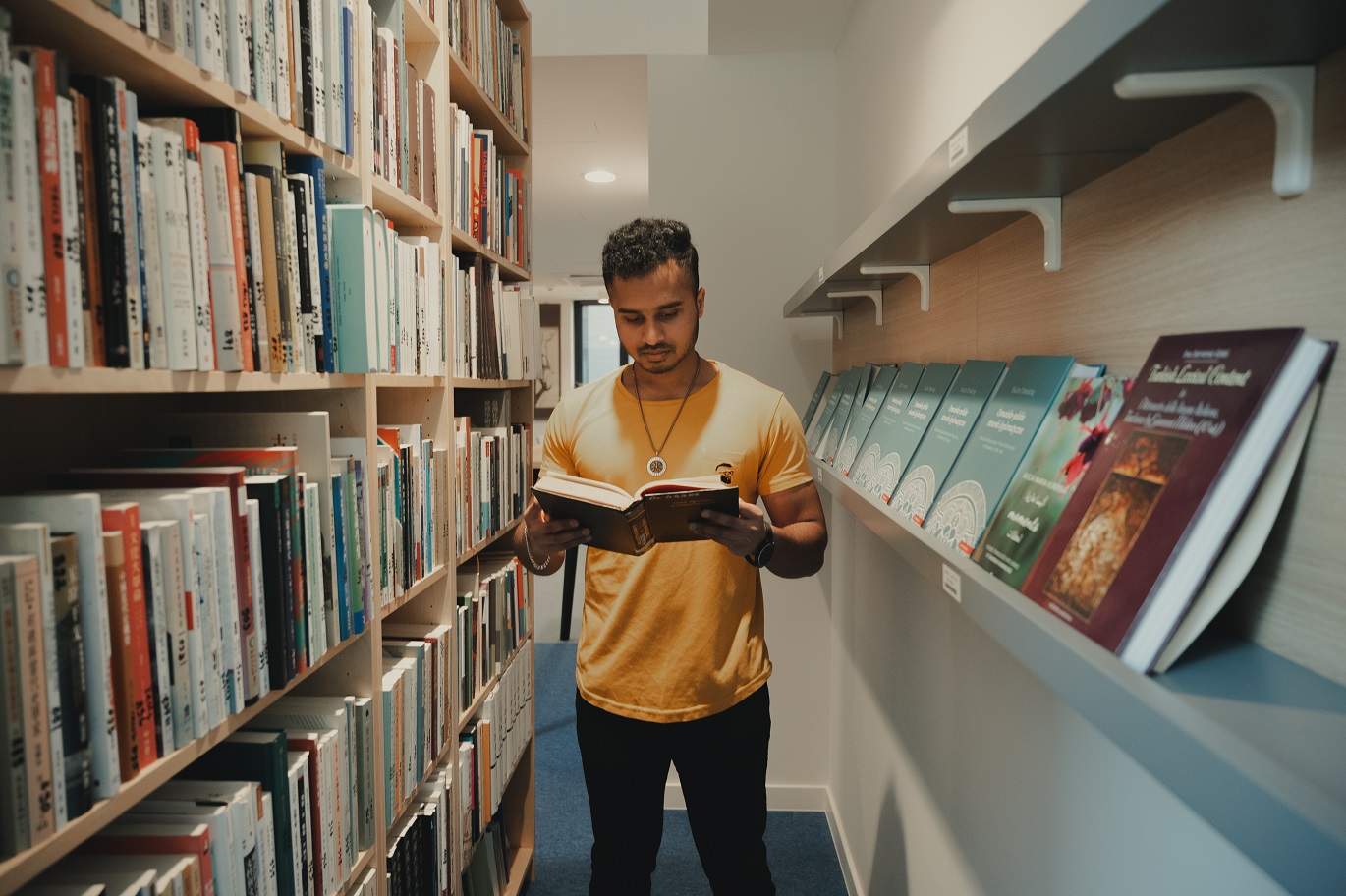
Welcome Centre: And what do you remember from your first moments in Poland?
Keruba: I remember that, although I am fluent in English, it did not make communication easier at all in the beginning. Up until a few years ago, when I went shopping, or to the post office, it was not the norm to meet people working there who spoke English. It's much better now, but I'm still learning Polish to make it easier to interact with the locals.
Welcome Centre: Oh that's great! And how's your new language?
Keruba: Better and better all the time. Although I must admit that my accent is often a pretext for many anecdotes. People find it funny how I am sometimes unable to pronounce Polish sounds or particular words.
Welcome Centre: I can imagine. Polish is a difficult language – especially for non-speakers of other Slavic languages. And how would you rate your studies at university. Did they live up to your expectations?
Keruba: In general, I am satisfied. My studies in Wroclaw were very different to my time now in Krakow. My bachelor's degree involved studying on campus, whereas my master's degree, thanks to COVID and remote learning, has mainly narrowed down to online classes. However, I see a lot of similarities. The study system is more or less the same. I appreciate the good contact with professors, as well as the diversity of Polish studies. In India, as far as I know, studying is a bit more conservative, more limited to reading texts and passing exams. At KUE we do presentations, projects and have discussions. It is not so tedious.
Welcome Centre: This is also an interesting difference.
Keruba: The length of studies also varies. In Poland, a semester lasts roughly four months. In India, it can be even up to six.
Welcome Centre: And how is the final semester of your studies going?
Keruba: It's intense! I am in constant contact with my supervisor as we are trying to complete my final thesis. There are mainly grammatical corrections and some minor linguistic tweaks left, but my defence is coming up soon…
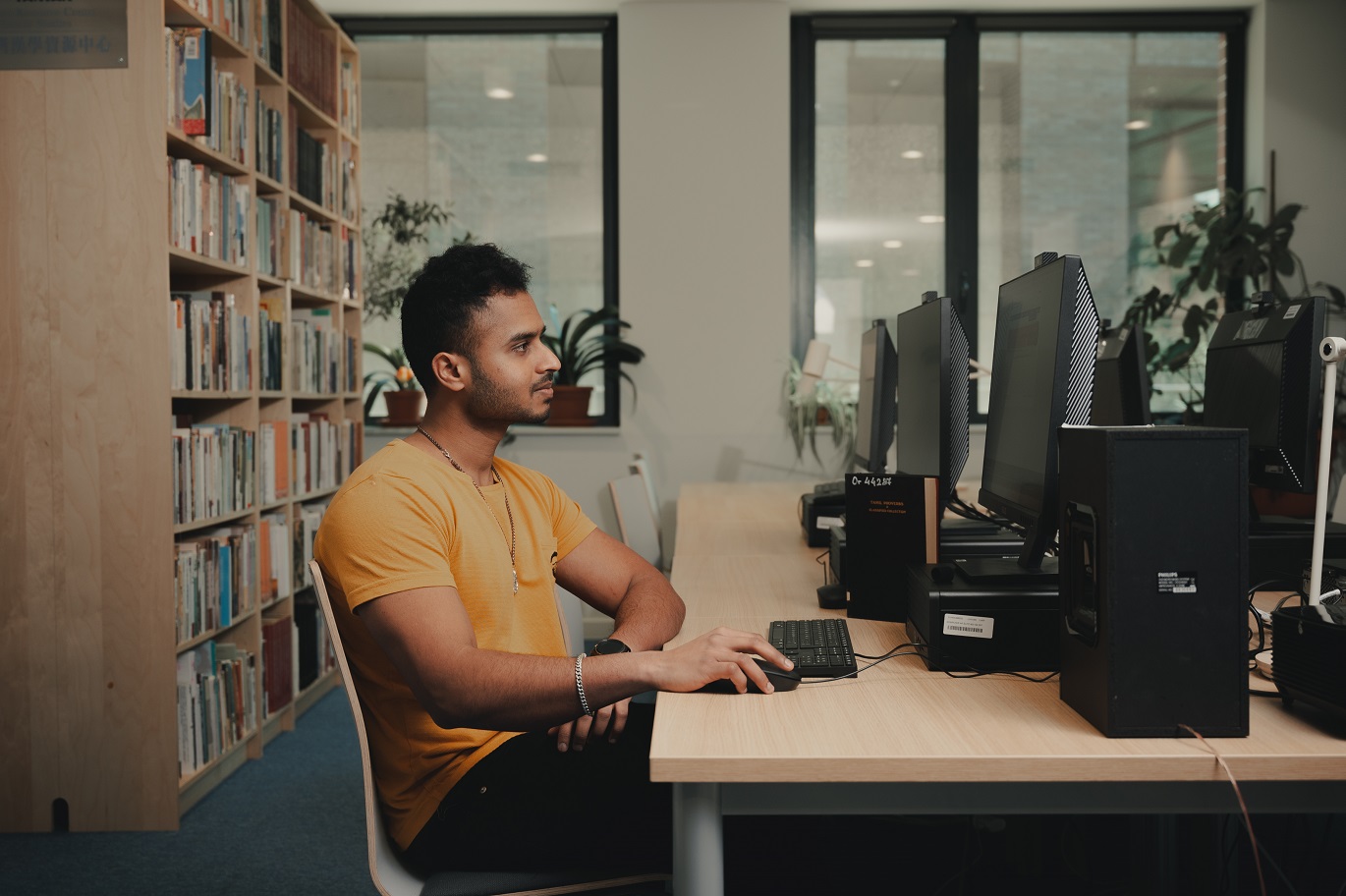
Welcome Centre: We're keeping our fingers crossed that it all works out.
Keruba: Thanks! hope that it will go well. After defending my thesis, I plan to go back to India and look for a job there with my degree and experience from Poland.
Welcome Centre: Before you go, what would you say to those people who are looking to study abroad but are still somehow hesitant and unsure?
Keruba: I would advise them to do good research before choosing a country. They should check whether the place they are going to is foreigner-friendly, if the university they have chosen is a decent one with good prospects. From my experience, I can recommend Krakow and KUE. I certainly don't regret coming here.
Welcome Centre: A recommendation from an almost graduate is certainly valuable.
Keruba: But I would also say that they should try new things in their lives. A new place means new people, a different culture and a lot of experience that you will miss out on if you stay close to your roots.
Welcome Centre: We agree with you absolutely. Going abroad is a lesson in itself. We hope yours ends happily and you will have fond memories of Poland.
Keruba: Thanks! Good luck to you too. And may there be more initiatives like this one.
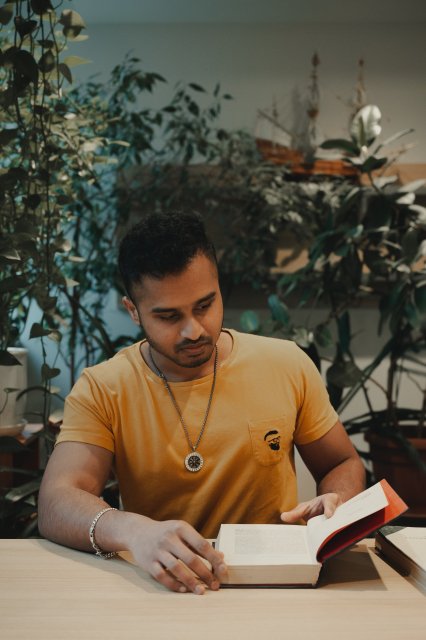
Welcome Centre UEK
Welcome Centre UEK – a multilingual unit at Krakow University of Economics (KUE), providing professional service and help to foreign students and applicants, as well as guests and doctoral students.
Did you like the interview? Would you like to become one of KUE's International Ambassadors? Join us!
The Project is financed by the Polish National Agency for Academic Exchange under the Welcome to Poland Programme.

